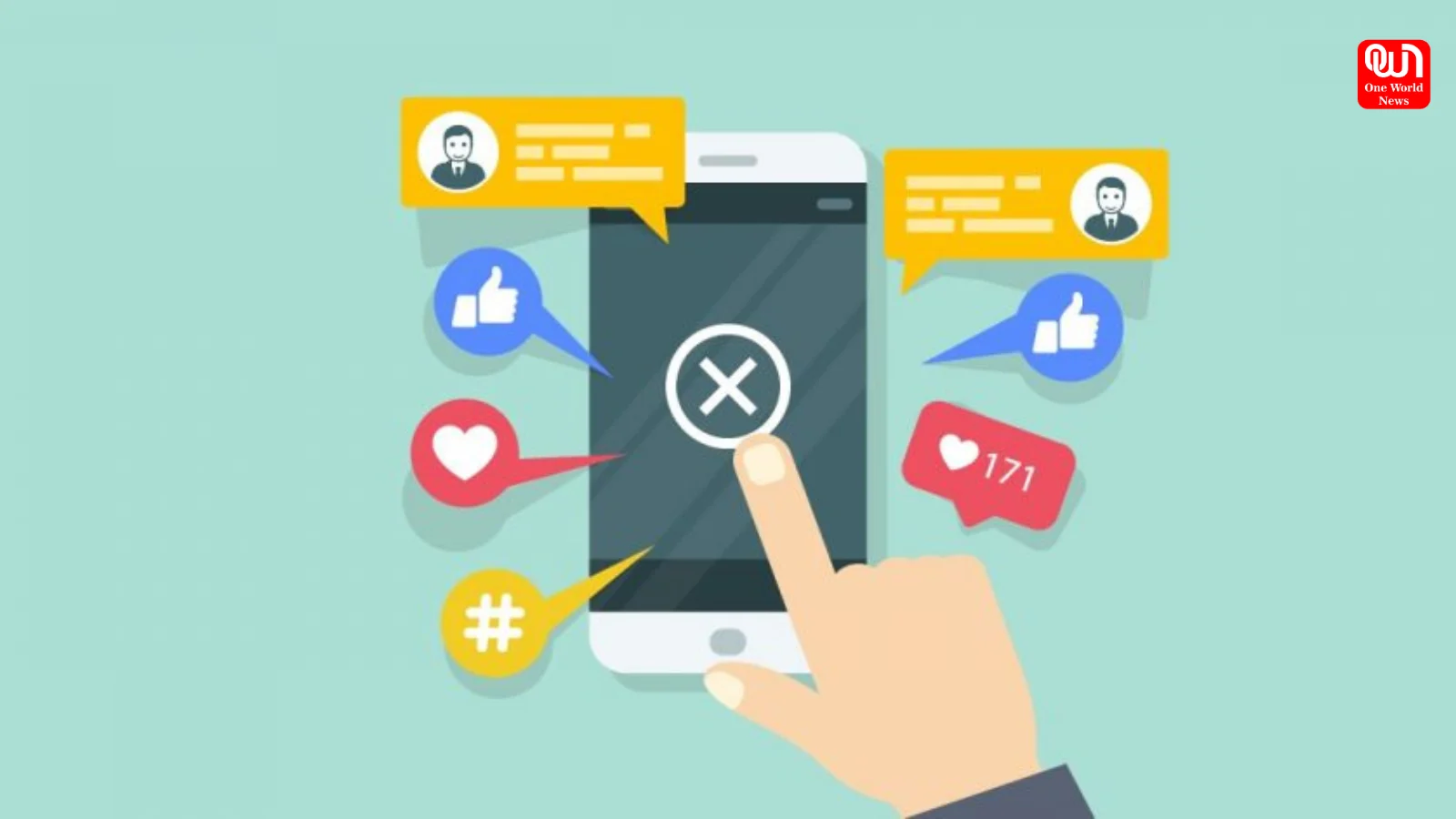Why Does the News Hit Harder When You’ve Got ADD, and How Do You Handle It Without Losing It?
Living with ADD can feel like a constant balancing act. Your brain already races a mile a minute, your focus pulls in a hundred directions, and then the world’s chaos decides to add fuel to the fire.
Why Does the News Hit Harder When You’ve Got ADD, and How Do You Handle It Without Losing It?
Living with ADD can feel like a constant balancing act. Your brain already races a mile a minute, your focus pulls in a hundred directions, and then the world’s chaos decides to add fuel to the fire. We’re talking about the relentless stream of headlines that practically beg for your attention—wars, politics, disasters, social media blow-ups. It’s overwhelming for anyone, but if you’ve got ADD, it can feel like the emotional equivalent of running a marathon in a hurricane.
So how do you stay informed without spiraling? The good news is you’re not alone, and there are strategies that actually work. Let’s dive into ways to manage the noise, protect your peace, and maybe even find clarity in the chaos.
Stop the Doomscroll
First thing’s first: let’s talk about how much news you’re actually consuming. With ADD, your brain loves novelty—it thrives on new information. The problem? The 24/7 news cycle is designed to feed that need but rarely gives your brain the chance to process anything. Scrolling through your phone late at night or flipping between channels feels productive, but it’s like tossing your focus into a blender.
Here’s the deal: consuming endless streams of bad news doesn’t make you more informed; it just leaves you stressed. Try setting boundaries for when and how you check in with the world. Pick specific times, like a mid-morning coffee break, and stick to a single trusted source. Avoid late-night updates at all costs—your brain needs downtime, not a mental workout before bed.
And hey, if you’re feeling guilty about unplugging, remember this: taking care of your mental health doesn’t mean ignoring the world. It means showing up as your best self when it really matters.
Tuning Out the Noise Without Tuning Out Completely
Let’s get real: it’s impossible to avoid scary headlines altogether, but you can control how much space they take up in your mind. One trick? Limit where you’re getting your news. If you’re constantly getting bombarded with updates on social media, you’re setting yourself up for an emotional rollercoaster. Social feeds are curated chaos—they’re designed to grab your attention and keep you scrolling, not to provide balance or context.
Try this instead: switch to newsletters or podcasts that summarize what’s happening. These formats give you the big picture without drowning you in negativity. And when you do scroll, be intentional about who you follow. Unfollow accounts that thrive on outrage and look for ones that focus on solutions and positivity. You don’t need to immerse yourself in every headline to stay informed; sometimes, less really is more.
Why the News Hits Differently
It doesn’t have to be ADD vs ADHD (it’s all under one umbrella now), you already know how your brain works differently. You’re wired for intensity, and that goes for emotions too. News stories hit you harder because you don’t just read them—you feel them. Your empathy goes into overdrive, making it easy to absorb the fear, anger, or heartbreak behind the headlines.
The key here is to recognize your triggers. Are you more affected by stories about injustice? Does graphic imagery stick with you long after you’ve closed your browser? When you know what sets you off, you can take steps to protect yourself. For instance, skip the comment section entirely—it’s almost always a dumpster fire of negativity—and avoid doom-heavy hashtags that amplify worst-case scenarios.
But don’t stop there. Give your brain an outlet for all that energy. Whether it’s writing, creating art, or diving into a hobby that lights you up, channeling your feelings into something tangible can be a game-changer. You’re not just stuck with those emotions—you’re turning them into something meaningful.
When Your Thoughts Spiral, Take Charge
We’ve all been there: you read a disturbing headline, and before you know it, you’re imagining every worst-case scenario. The spiral is real, but it’s not inevitable. When you catch yourself going down that rabbit hole, remind yourself that you have the power to redirect your thoughts. The trick? Banish negative thoughts by actively focusing on something else.
That doesn’t mean ignoring your feelings—it’s about reframing them. Instead of letting fear or anger take over, ask yourself, “What can I control in this situation?” Maybe it’s donating to a cause, volunteering, or simply sharing resources. Action is an antidote to helplessness, and it helps your brain move out of fight-or-flight mode.
If the spiral feels too overwhelming to handle alone, reach out. Talk to a friend, a family member, or a mental health pro who gets what you’re going through. Sometimes just saying your fears out loud can make them feel a little less scary.
Finding Your Focus When the World Feels Out of Control
Here’s a truth bomb: the world will always have chaos, but that doesn’t mean you have to live in it 24/7. For people with ADD, focus is a precious resource, and you owe it to yourself to protect it. That means creating intentional breaks from the noise.
Start small. Set aside 10 minutes a day to do something that grounds you, whether that’s taking your dog for a walk, journaling, or just sitting in silence. Meditation might sound cliché, but even a few minutes of deep breathing can help reset your mind. Apps can guide you if sitting still feels impossible, but the key is consistency. Think of it as brain fuel—you can’t run on empty.
And don’t underestimate the power of movement. Exercise isn’t just for your body; it’s a major boost for your brain. Whether it’s a quick yoga session, a dance party in your living room, or a hike, physical activity helps burn off the stress hormones that bad news triggers.
Peace Is Possible
The world may feel like it’s on fire, but you don’t have to carry every flame. Living with ADD means your brain works differently, and that’s okay. The strategies that help you navigate the chaos might look different too—and that’s more than okay. By setting boundaries, tuning into your triggers, and prioritizing your mental health, you can stay informed without getting overwhelmed.
The news might not change, but the way you interact with it can. Take it one step at a time, and remember: protecting your peace isn’t selfish—it’s essential.
We’re now on WhatsApp. Click to join.
Like this post?
Register at One World News to never miss out on videos, celeb interviews, and best reads.








